Table of contents
More and more, AI shows up in the job hunt. The question is, are candidates happy to see it? Are they stressed? Maybe relieved? Empowered?
The survey highlights the key findings based on answers from 2,000 respondents in the United States who experienced the use of AI in the hiring process, monitor-to-monitor. We share insights into how AI transforms recruitment and how candidates perceive its role in hiring. No doubt, job seekers have mixed feelings about all the innovative approaches — some embrace the efficiency they bring, while others remain skeptical about their fairness.
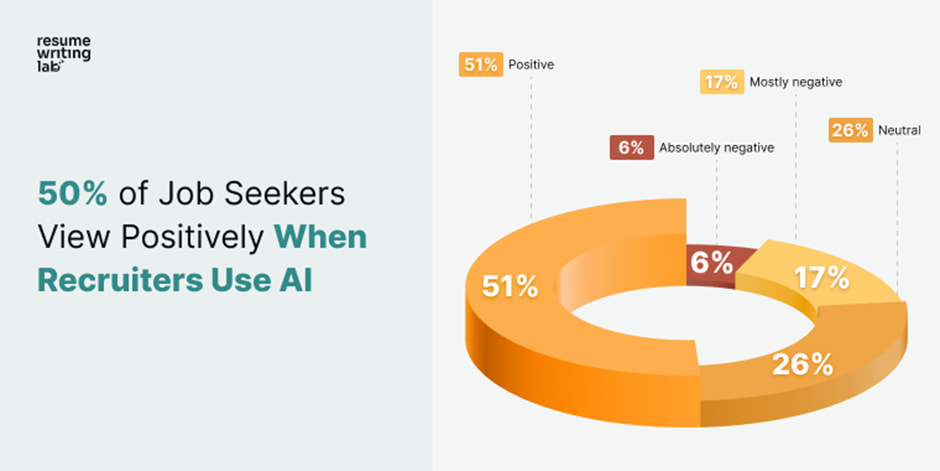
51% of respondents are positive about recruiters using AI in the recruitment process. The other quarter? They’re still somewhat hostile and uncomfortable about all these new practices since they believe a “soulless” machine cannot fairly assess job candidates.
Two out of three respondents admitted that they felt fairly evaluated by AI-driven systems. At this stage of the survey, it became clear that job seekers do not hold a consistent position toward AI in recruitment – some remain wary, while others are ready to embrace its efficiency.
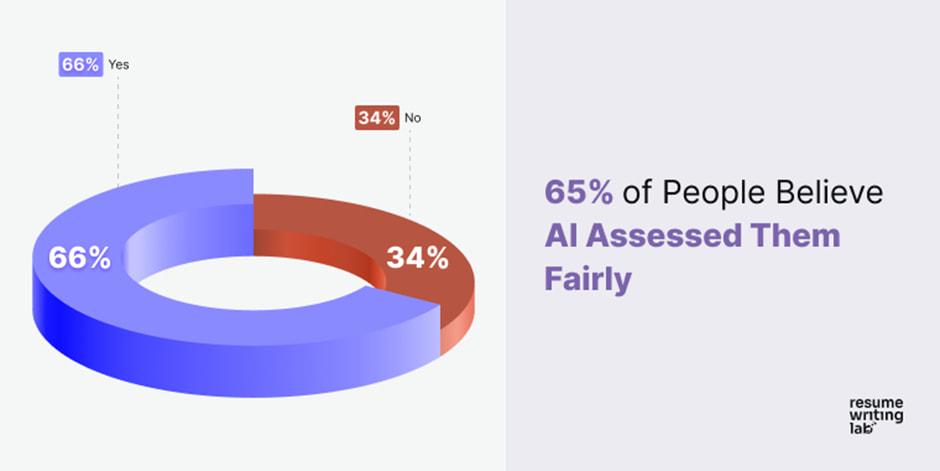
Nevertheless, job seekers try to go hand in hand with technologies and get consequent benefits, from freeing up time to hiring scalability. In the meantime, many job seekers still treat AI like a morning horoscope — you don’t quite buy it, but you peek anyway, just in case the stars have lined up in your favor.
You may be an inexperienced job seeker, but you quickly start to detect when AI is running the show — the speed gives it away. Automated answers with poor or no feedback return to you so fast that it feels less like a hiring process and more like ordering fast food.
Half of the respondents said they received unusually fast replies, and many were rejected before even speaking with a recruiter.
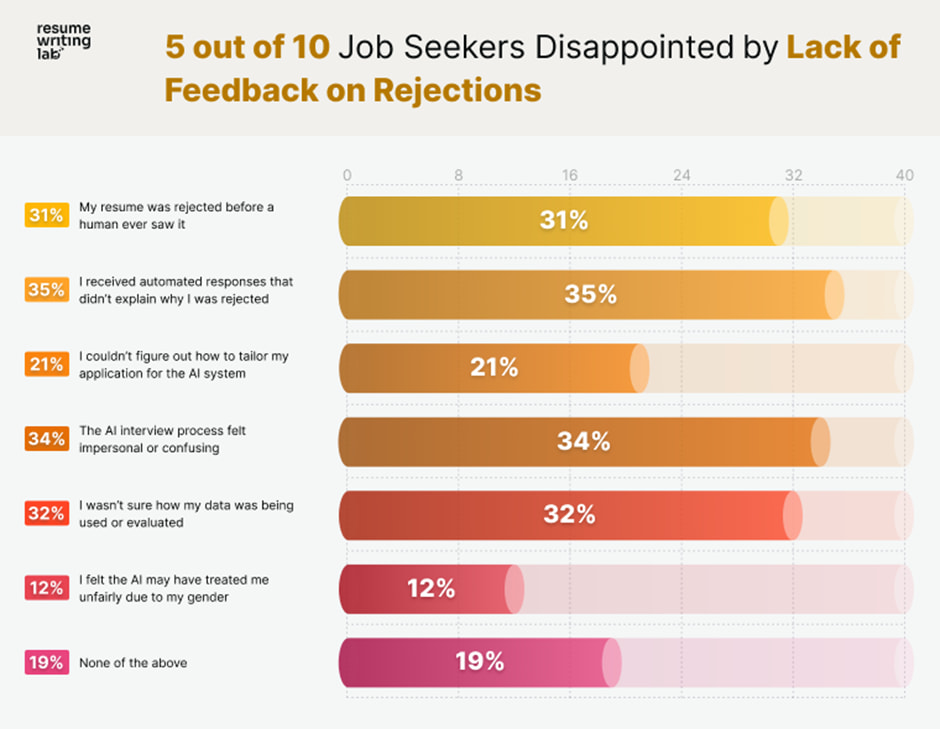
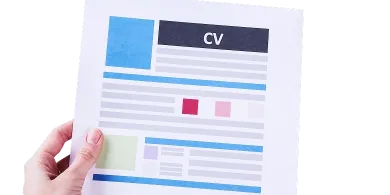
Sarah, 32, shared her frustration: “I’ve been ghosted 50 times this year because hiring managers didn’t even see my CV. They also weren’t aware of the interviews scheduled by AI.” Ouch. That’s the digital age — AI can make you feel ignored or disconnected. It can make you feel like another file scanned and rejected by a machine.
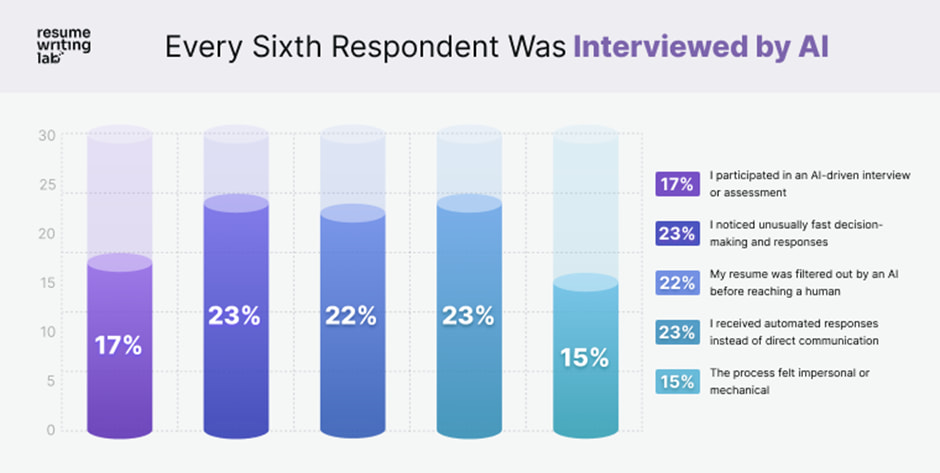
Despite what we discussed above, 46% of those surveyed would still consider resubmitting their resumes to companies using AI in recruitment. And we totally support that!
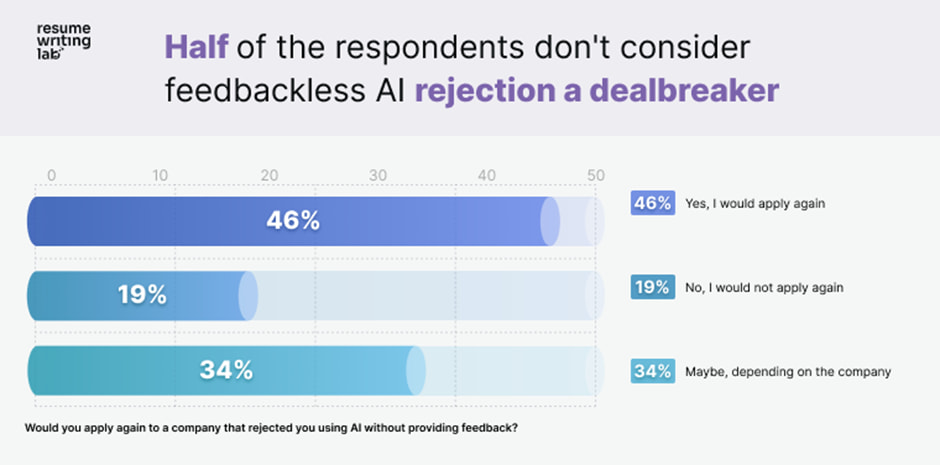
You cannot stop the storm, but you can learn to sail on the wind.
Thus, respondents shared that they would optimize their resumes to make them more compatible with AI tools.
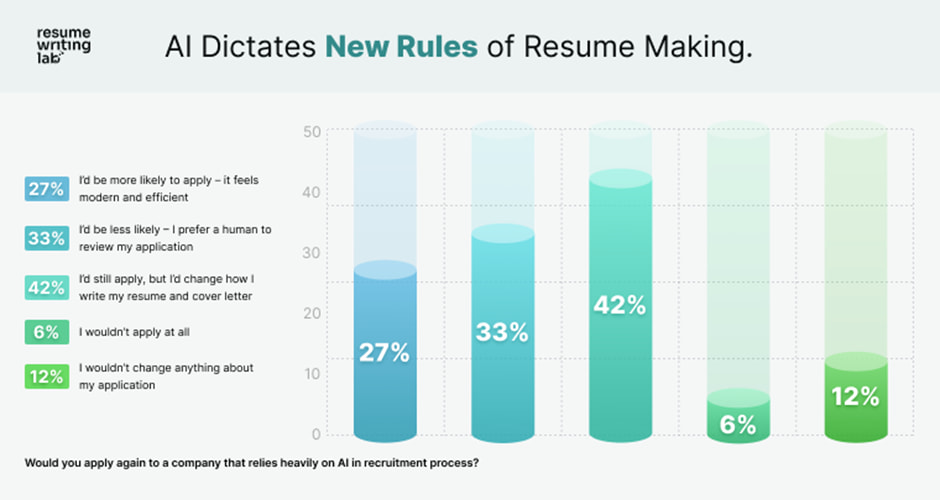
For example, one in six survey participants had a positive experience with AI during the job application process. Yet, one in four felt that AI evaluated them unfairly and had a negative experience with AI. So, experiences differ, huh.
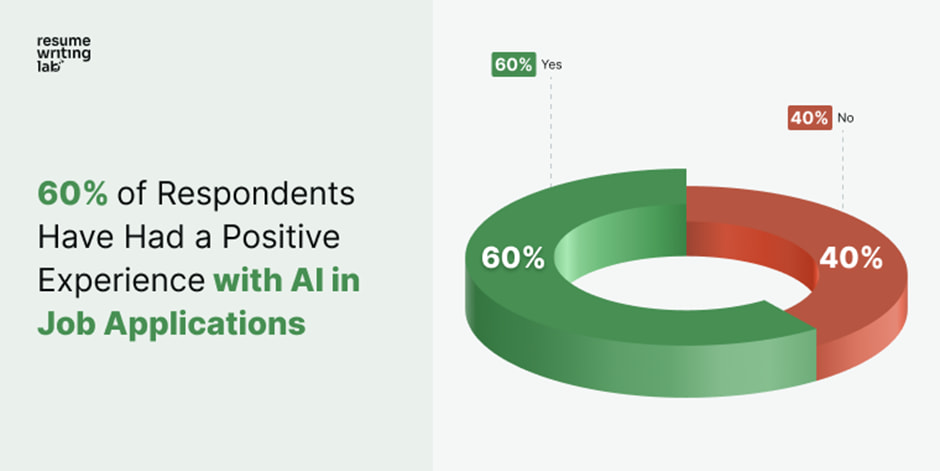
72% of respondents view the fast response time as a positive aspect of recruiters’ use of AI. However, this speed also reveals that their resume may have been reviewed by AI instead of a human.
Accordingly, you can move past companies quickly, knowing their negative answers. But you will never know 100% who rejected you.
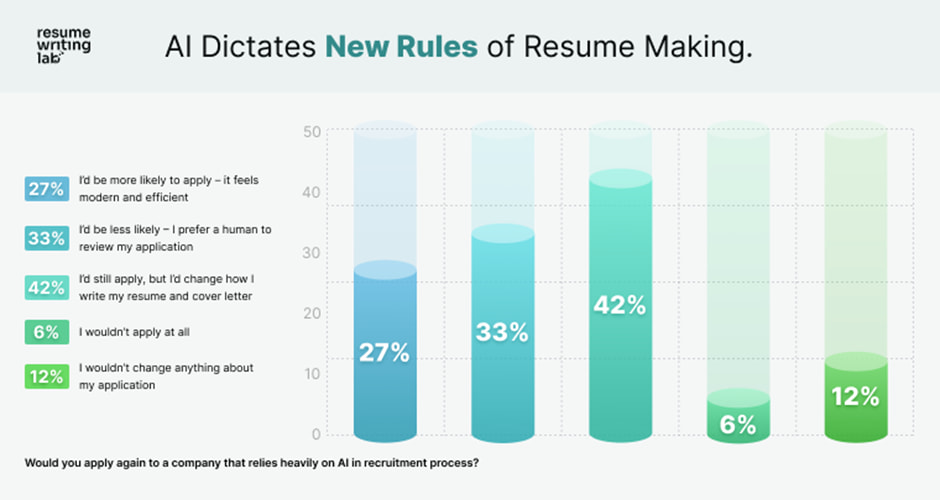
Job seekers are more concerned with no feedback than it may seem. Not understanding why they were not selected for a position is a matter of concern!
We discovered that one in three respondents didn’t receive feedback on why they didn’t fit the role. Moreover, such an attitude barely contributes to understanding why they don’t fit other roles.
Such cases leave a bad impression about the company and the employer.
At the same time, one in four would still resubmit their resume to a company that did not explain why they were not hired the first time. That’s the spirit!
31% are confident that AI will not steal personal data, while 54% had never considered that AI might use their personal information provided in the resume. Well, trust but verify.
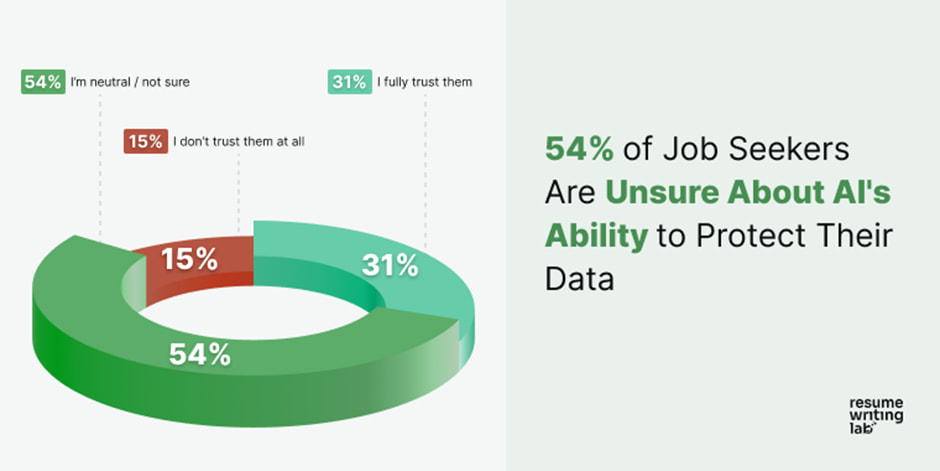
While most platforms promise strict data security, the unease lingers. After all, no one likes the idea of their resume floating around the digital world waiting to be picked up by the wrong hands.
Job seekers use AI to find job vacancies, and one in four uses AI to improve and optimize their resumes for AI screening.
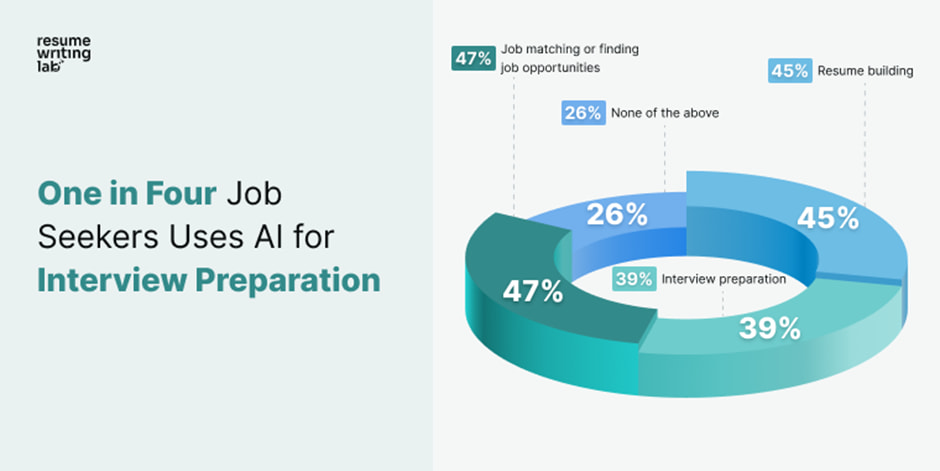
Dan, 28, shares his experience: “I often use artificial intelligence to tailor my resume and cover letter to match job descriptions.”
Preparing a resume for submission has always taken a lot of time and required a deeper understanding of the job posting. What’s added are all the tricks they must know that AI services use to filter out resumes.
47% of respondents use keywords from the job description — they believe that makes their resumes more noticeable to AI.
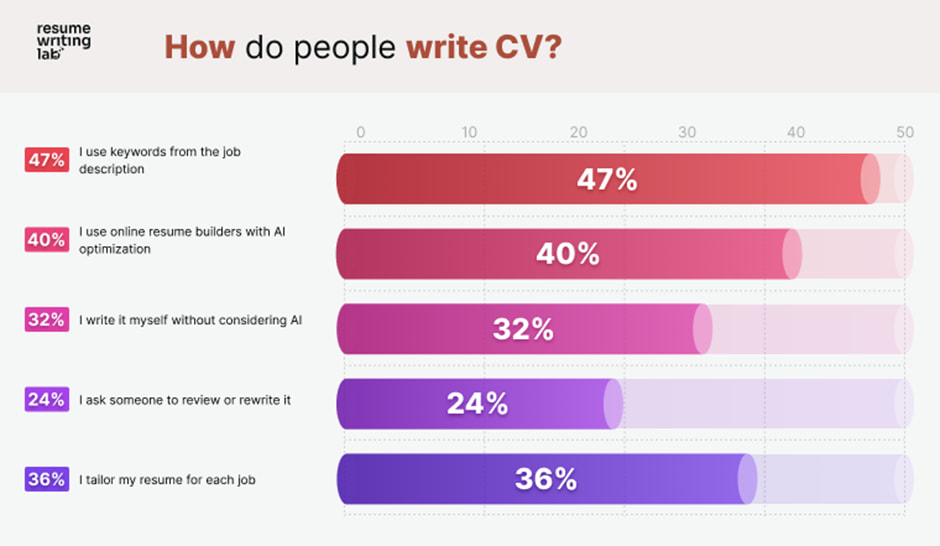
Nevertheless, 42% stubbornly think having their resume professionally written by services familiar with AI’s nuances is easier.
Another interesting fact is that 40% of respondents are cautious about using AI in the future. Many people indeed fear that AI could manipulate or unfairly assess them.
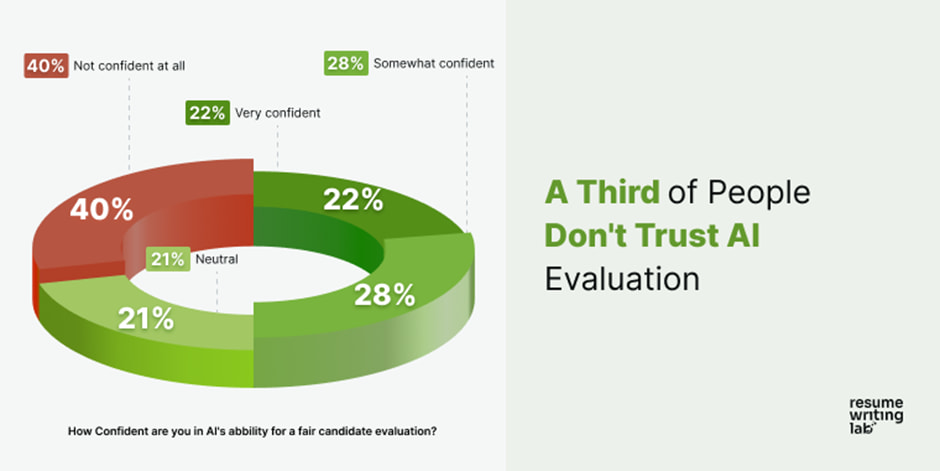
Mark, 43, echoes these concerns: “I am worried that AI will gradually replace human workers and assign more and more tasks to machines.”
For job seekers, this scenario feels eerily similar to the dystopian scenes we’ve seen in countless films. Like in The Terminator, where AI evolves beyond our control, and in The Matrix, where humans become enslaved to artificial intelligence.
Just like those futuristic nightmares, there’s a growing unease that AI might one day assist in recruitment and take over entire industries. We are barely ready to let it make impactful decisions with its cold, impersonal efficiency. In these films, machines are portrayed as entities that grow too powerful, and the fear is that this unchecked growth might lead to a future where humans are sidelined, and their roles replaced by algorithms…
Methodology: Researchers from Resume Writing Lab surveyed 2,000 job seekers aged 22–54 with no focus on gender, ethnicity, or social background, who had encountered AI being used by recruiters at some stage of the interview process to gather data. Participants were randomly selected and asked to share their perspectives on job hunting. This study aims to comprehensively understand how individuals from diverse backgrounds navigate the modern job market.